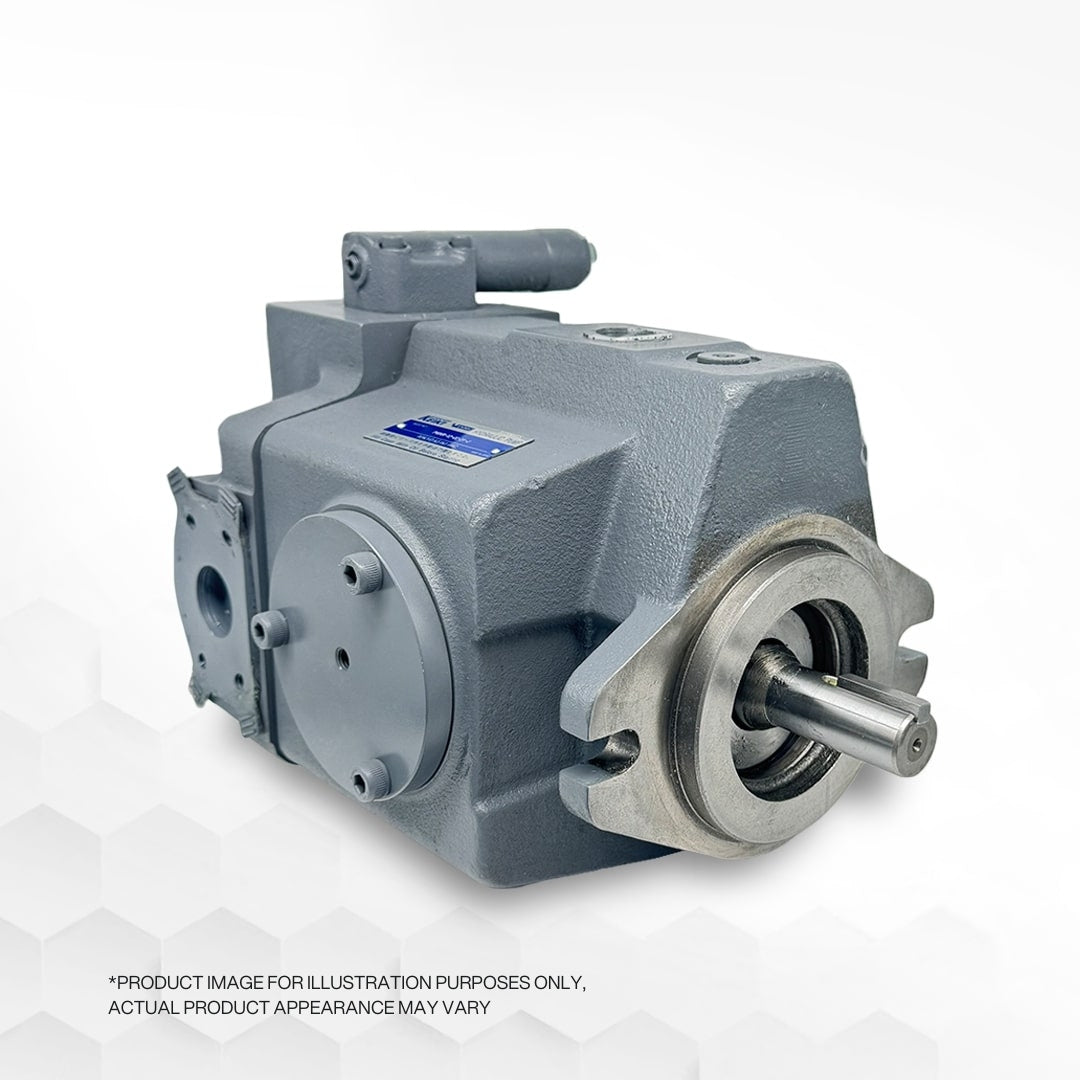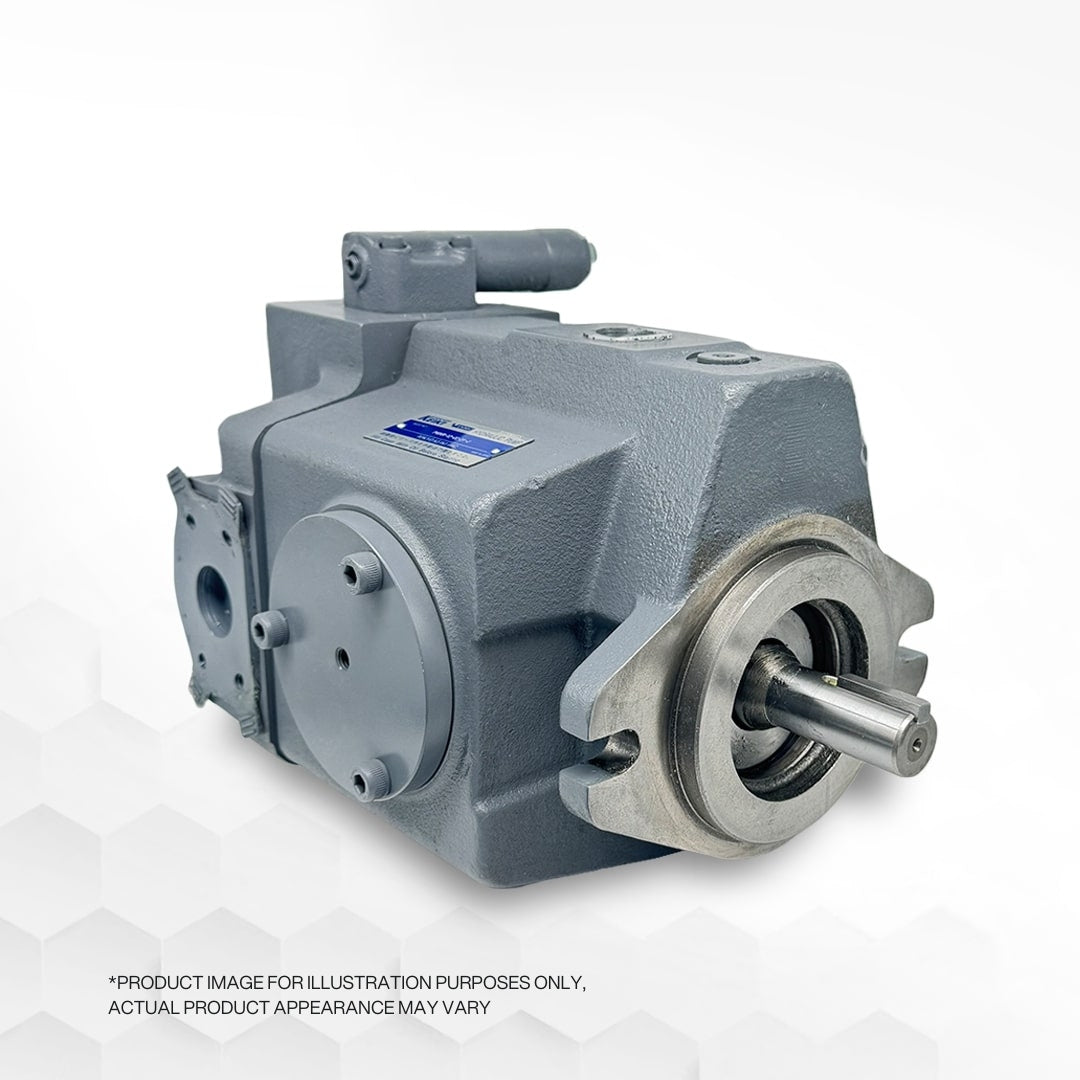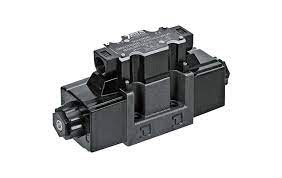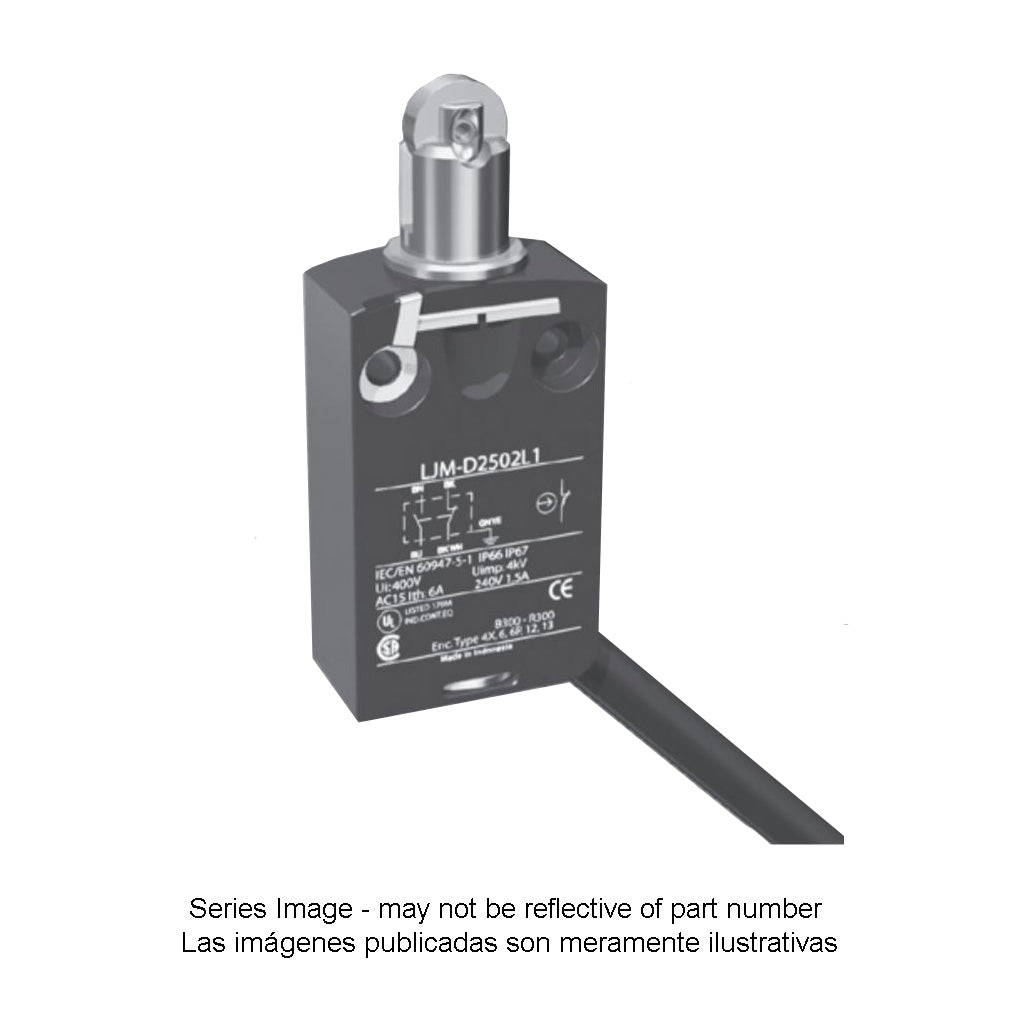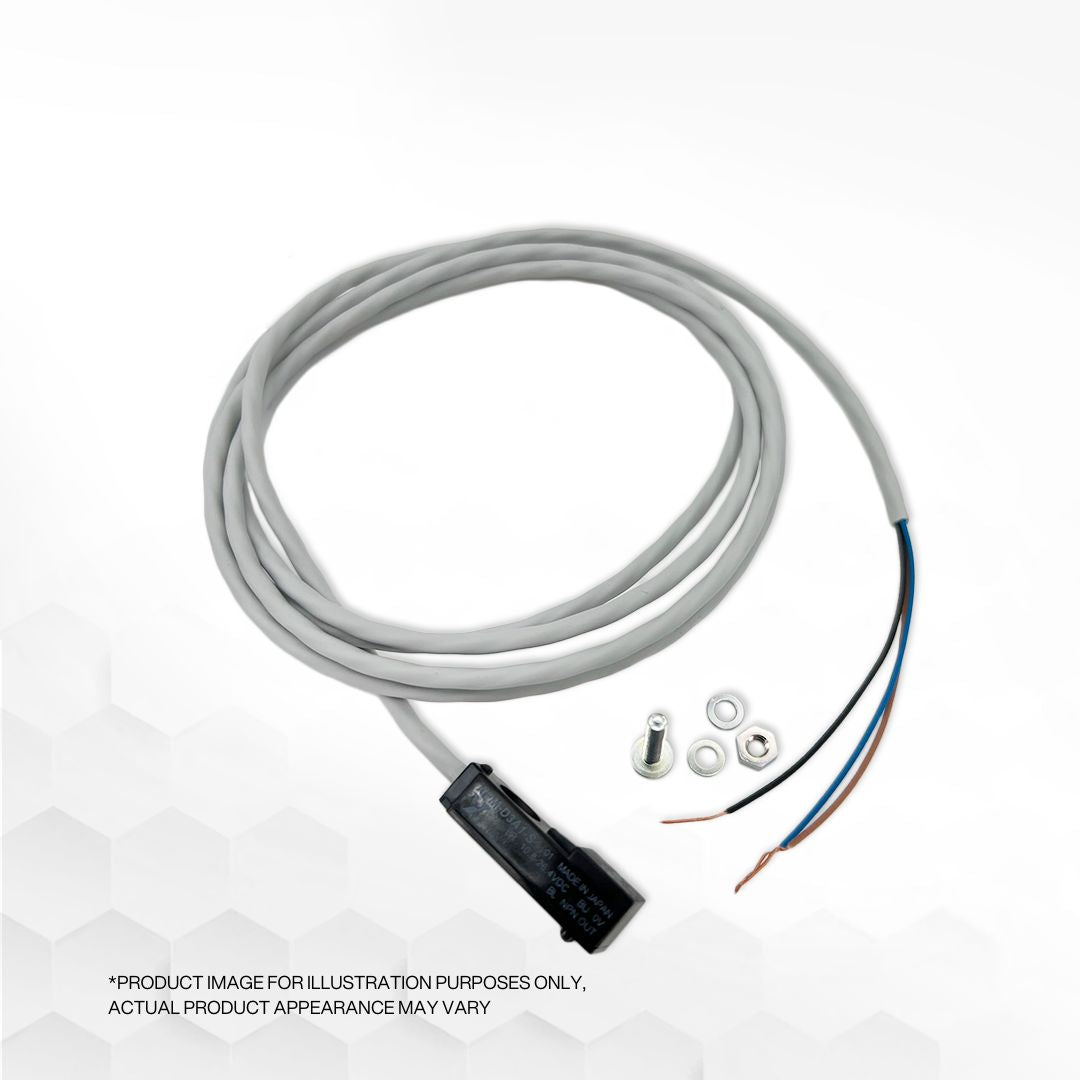
Five Steps to Prevent Common Causes of Bearing Failure
Bearings, like other crucial components in industrial machinery, play a significant role in ensuring smooth operations. To prevent bearing failure, several scenarios must be avoided, including improper lubrication, contamination, corrosion, overload, and mishandling during storage and mounting. The following five steps outline strategies to prevent bearing problems and ensure their longevity:
-
Appropriate Handling, Mounting, and Storage: Bearings must be stored horizontally in their original packaging, in a clean, dry, and temperature-controlled environment. Careless handling, such as premature unwrapping, can lead to corrosion or contamination. Storing bearings away from vibrations is essential. Proper equipment should be used during handling and mounting to avoid damage, denting, or wear.
-
Avoid Overloading: Selecting the correct bearing is crucial to prevent increased fatigue and failure risks. To ensure prolonged bearing life, limit the actual load to between six and 12 percent of the bearing's dynamic load rating, with variations depending on the bearing material. Overloaded bearings will experience premature wear and must be replaced promptly.
-
Prevent Contamination: Dust and dirt entering the bearing's raceway can be detrimental. Choosing appropriate closures that protect against foreign particles and retain lubrication is essential. Regular inspection of bearing seals and avoiding aggressive cleaning methods is recommended, especially in sensitive industries like food and beverage. Condition monitoring, such as vibration analysis, can provide valuable insights into bearing performance.
-
Restrict Corrosion: In low-corrosive environments, wearing gloves during handling can prevent perspiration or other liquids from affecting the bearing. For more corrosive applications, corrosion-resistant bearings are necessary. Exposure to water or corrosive substances can lead to rust, flaking, and cracks in the bearings. Preventative measures, including using lubricants with rust inhibitors, can combat corrosion effectively.
-
Use Appropriate Lubrication: Standard lubrication is essential for reducing friction and heat dissipation. However, specialist lubrication may be required to meet specific application conditions, such as running speed, torque level, and temperature requirements. Proper lubricant quantity and viscosity are crucial to avoid metal-on-metal contact, overheating, and reduced equipment efficiency. The right lubricant should be chosen based on application conditions and load requirements.
Implementing appropriate design engineering and early intervention strategies are vital in minimizing bearing failure and prolonging their service life. These five steps provide a solid starting point to ensure the reliability and performance of bearings in industrial machinery.
